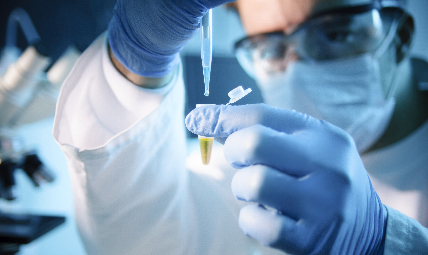Cambridge Enterprise portfolio company Horizon Discovery has established two new Centers of Excellence (CoEs) for gene editing at the University. The new Centers are at the Wellcome Trust/Cancer Research UK Gurdon Institute with Professor Steve Jackson FRS, and the Cambridge Institute for Medical Research with Professor David Rubinsztein.
Professor Jackson aims to establish Horizon Discovery’s rAAV genome editing technology (GENESIS™) as a core technology within his lab at the Gurdon Institute for generating isogenic cell models of cancer. They will focus on generating cell lines with specific mutations in genes involved in DNA repair and DNA damage signalling, to study their relationship to cancer progression.
We are delighted to welcome both the Gurdon Institute and Cambridge Institute for Medical Research to our Centers of Excellence network and look forward to working with them on developing the cell lines.
Dr Rob Howes
Professor Rubinsztein’s lab will apply GENESIS to generate isogenic cell line models for the study of autophagy (degradation of unnecessary or dysfunctional cellular components), which has been a focus since their discovery that autophagy regulates the levels a set of specific proteins that cause many neurodegenerative diseases.
“The increasing number of research groups of this calibre working with our genome editing technology is very exciting for Horizon,” said Dr Rob Howes, Principal Scientist, Horizon. “We are delighted to welcome both the Gurdon Institute and Cambridge Institute for Medical Research to our Centers of Excellence network and look forward to working with them on developing the cell lines.”
The new human isogenic cell lines generated by the CoEs will be exclusively licensed to Horizon in return for future product royalties. Horizon will also have an exclusive option to license new intellectual property developed. This forms part of Horizon’s strategy to generate at least 2,500 new X-MAN™ (gene X- Mutant And Normal) models of cancer, neurodegenerative, and cardiovascular disease. These models support drug discovery researchers in their efforts to understand how complex genetic diseases manifest themselves in real patients, and help rationalise many aspects of drug development, reducing the cost of bringing personalised therapies to market.
These centres become part of the larger Horizon Centers of Excellence network, which includes institutions including UCL, Yale University, the National Cancer Institute, Washington University in St Louis and the National Cancer Centre, Japan.











